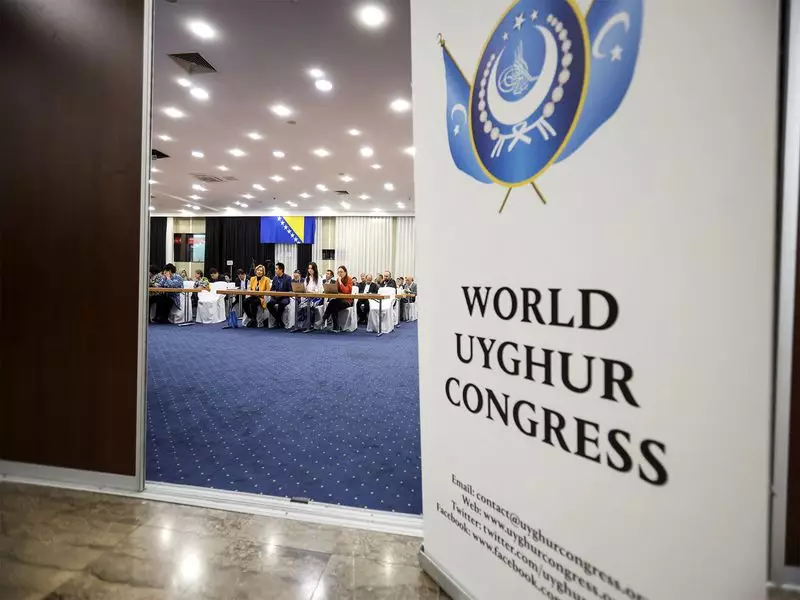
International condemnation against China's treatment of Uyghur Muslims has intensified dramatically, with coordinated protests erupting across multiple continents. Human rights organizations and governments worldwide are demanding immediate action to address what many are calling systematic human rights abuses in China's Xinjiang region.
Worldwide Demonstrations Expose China's Actions
From December 10 to December 17, 2023, a series of powerful protests unfolded across the globe, bringing attention to China's controversial policies in Xinjiang. Major cities including London, Washington DC, Tokyo, and Geneva witnessed significant gatherings where activists and human rights defenders voiced their concerns about the situation facing Uyghur Muslims.
The protests strategically coincided with Human Rights Day on December 10, emphasizing the universal nature of human rights that many believe are being violated in China's northwestern region. Demonstrators carried banners and shared testimonies highlighting the plight of the Uyghur community, drawing international media attention to an issue that China has consistently denied.
International Response and Diplomatic Pressure
The global reaction has not been limited to street protests. Several governments and international bodies have expressed serious concerns about the human rights situation in Xinjiang. Multiple United Nations committees have raised questions about China's treatment of Uyghurs, while various countries have imposed sanctions on Chinese officials and entities linked to the alleged abuses.
Human rights organizations have documented what they describe as mass surveillance, forced labor, and cultural assimilation policies targeting the Uyghur population. These reports have prompted calls for independent investigations into the conditions within Xinjiang's re-education camps, where estimates suggest hundreds of thousands of Uyghurs have been detained.
China's government has repeatedly denied all allegations of human rights violations, describing the facilities in Xinjiang as vocational training centers necessary for combating extremism. However, the growing international skepticism suggests that these explanations are failing to satisfy global human rights standards.
Impact on China's International Standing
The persistent focus on China's human rights record is creating significant diplomatic challenges for Beijing. As evidence and testimonies continue to emerge from Xinjiang, China faces increasing isolation in international forums where human rights discussions take place.
The timing of these protests is particularly sensitive for China, which has been seeking to enhance its global leadership role. The ongoing criticism threatens to undermine China's soft power initiatives and could affect its economic relationships with countries that prioritize human rights in their foreign policy.
Meanwhile, human rights advocates emphasize that the international community must maintain pressure on China to ensure transparency and accountability. They argue that without sustained global attention, the situation for Uyghurs and other minority groups in China could deteriorate further.
As the world continues to grapple with these revelations, the future of Sino-international relations hangs in the balance, with human rights emerging as a central point of contention in global diplomacy.






